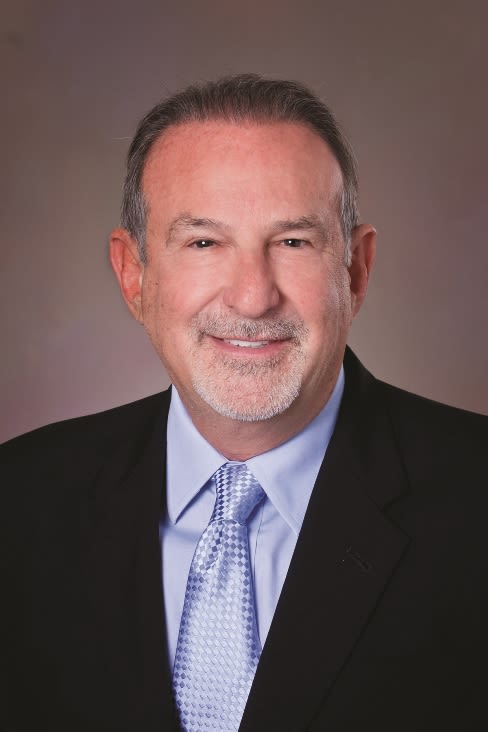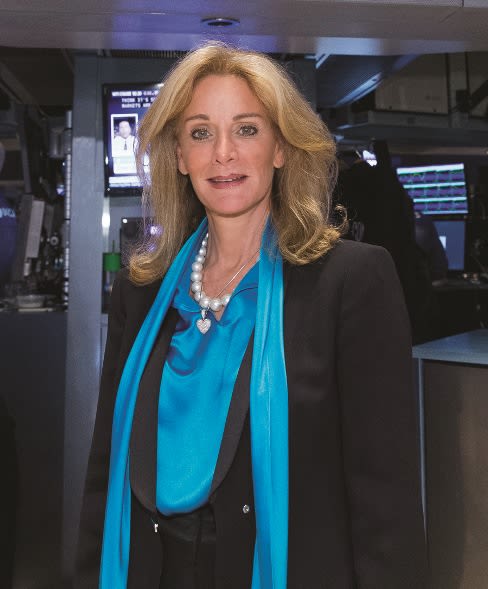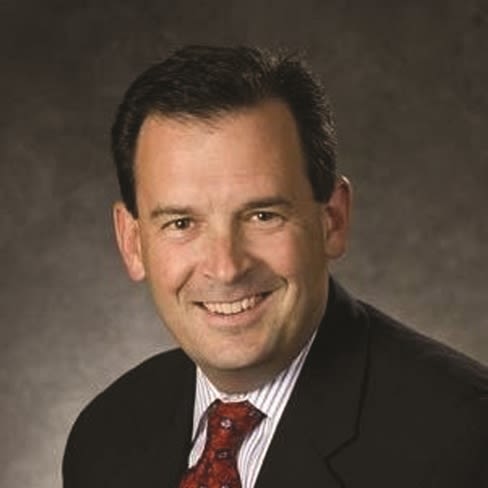The Best Financial Advice I Ever Received
by Lori Johnston

THE START OF A NEW YEAR MARKS THE LAUNCH OF WELL-MEANING GOALS TO SAVE MORE, spend less, invest more wisely, and a slew of other personal and financial aspirations. To help you get started, we asked several of the region’s top financial professionals, business owners and philanthropists to weigh in with their favorite financial advice.

Ned Davis, founder, Ned David Research. “I have always considered the most important financial advice the magic of compound interest. I tell the story of two 19-year-olds. The first put only $16,000 into investments ($2,000 per year for eight consecutive years starting at age 19), and at age 65, due to compounding returns in an IRA at 10 percent, the $16,000 had grown to over $1 million. The second 19-year old invested $78,000 starting at $2,000 per year at age 27 (at 10 percent); at age 65 that investor had only $805,000. The lesson applies not only to savers and investors but also to debtors who get hit owing compound interest. Compounding returns on investments is a guaranteed way to get rich. Compounding interest on debts is a good way to go broke.”
“Compounding returns on investments is a guaranteed way to get rich.”

Bill Johnston, former president and chief operation officer, New York Stock Exchange, and New College of Florida trustee. “The first financial advice I received was from my father and it was ‘your word is your bond.’ In my career at the NY Stock Exchange that was the credo under which we lived. In the good old days if you welshed or cheated they would ring the bell, stop trading and announce your crime. It’s no longer politically correct to do so, but what a message that sent to me as a 23- year-old starting on the floor of the exchange.”

William M. Isaac, senior managing director, global head of financial institutions, FTI Consulting; former FDIC chairman. “Diversify your risks, and don’t make bets you can’t afford to lose. This advice has served me well. If more bankers had heeded this advice, we would have had a much more stable economy and few thousand fewer bank failures over the past half century.”

Christine Jennings, founder and former CEO and president of Sarasota Bank. “When I was a very young girl starting to work, the advice my father gave me and that I believe works was: You will never obtain what you want by worrying about that annual pay raise every year. To reach your financial goals, you have to watch your money every day. Everyone thinks, ‘Oh, this raise is going to change my life.’ Very few raises are that great. If you get in the habit of watching your money daily, then you can achieve the financial goals that hopefully you have set for yourself. In fact, a smart person would save half their raise and not start living on more money.”

John Jakes, Sarasota resident, best-selling American writer of historical fiction. “The best advice came in similar language from my father and father-in-law early in my marriage to Rachel: ‘Don’t buy anything you can’t afford.’ No cars on time. No appliances on time. No vacations on time. By ignoring this ‘commonsense’ idea Americans blithely continue to dig financial holes for themselves. The exception we had to make was our first house with a mortgage; at the time my salary as an advertising copywriter was unspectacular and so were my earnings from writing.”

Kim Githler, CEO, InterShow and MoneyShow. “I have had so many phenomenal experts surrounding me, from Steve Forbes to Louis Rukeyser, who was an economic commentator, the best in the business. Buy value. Apple is a value buy. Look for growth. Look for the thing that will see 20 percent or 30 percent growth. Growth stock with value is probably the most important ingredient. I am not someone who puts a large nest egg ever at risk. It’s always value-oriented and growth-oriented.”

Bob Carter, president and CEO, Bob Carter Companies. “The best financial advice I probably ever got was from my father. Early on, I learned the relationship between working and getting paid. If you wanted something, you worked to earn the money to get it. Growing up, it was very simple. The entitlement game didn’t get played very much in my house. In terms of [additional] financial advice from my father, it was to be an owner and not an employee. I was always a stockholder in the company, an owner in the company. He was big on the fact that you were always at the whim of the people who owned the company.”
“Be an owner and not an employee.”

Georgia Court, owner, Bookstore 1. “Live within your means. That applies to business, to life, to everything. My mother and father always said that. If it has been outside my means or if it had been a huge financial risk for me to open this bookstore, I just wouldn’t have done it. I’m not a big risk taker. I wouldn’t buy a house, for example, that I had to struggle to pay a mortgage on. To me it doesn’t make any sense. I’m not going to buy a Lamborghini. Those are lovely cars, but to me that’s a foolish expenditure of money.”
“Live within your means. That applies to business, to life, to everything.”

Thomas E. Beames Jr., senior vice president, managing director, SunTrust Private Wealth Management. “It was from my father: Pay yourself first. My first paycheck was when I was 16 years old, working at Dairy Queen. I came home. He took me right to the bank. We opened up an account. The check [went] to the bank first. Then I could take out $10 for me. It just started that habit of not cashing a check but depositing a check, and then keeping a little bit out for myself. It shapes the conversations I have with clients in that we are to be stewards of our money. Typically, at least in our business, our clients’ money is very often not for them. It’s for the next generation or two. It’s for community service. It’s for a specific charity. When I tell them that, ‘We like to look at the stewardship of your resources,’ it gives that conversation more gravity.” ■